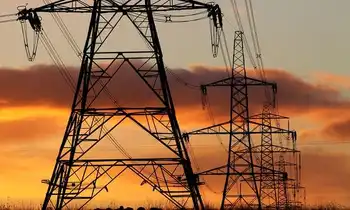Governor sings praises of new solar investments
HARRISBURG, PENNSYLVANIA - Pennsylvania is strengthening its position as a leader in solar energy with new investments of more than $5 million in 13 new projects, Governor Edward G. Rendell said.
"We have made remarkable progress in making Pennsylvania a leader in renewable energy in a very short period of time," said Governor Rendell. "We've invested nearly $1 billion in projects that put more than 8,300 people to work. And now, with the federal Recovery funds President Obama and Congress wisely dedicated to the renewable sector, we're able to achieve even more growth."
The projects announced, which will generate enough electricity to power approximately 500 homes, are benefiting from the $650 million Alternative Energy Investment Fund that Governor Rendell signed in 2008. They were approved for funding by the Commonwealth Financing Authority.
These critical investments, the Governor noted, make sense for Pennsylvania's future for a number of economic and environmental reasons.
"We are making tremendous strides in bringing more solar capacity on line," said Governor Rendell. "By December 2010, Pennsylvania will rank in the top five states for solar in terms of megawatts operating. With the programs that we have in place today and the funds made available to us through the federal stimulus, this will bring our total solar capacity to nearly 60 megawatts or enough to power 7,200 homes.
"Some of the projects I'm announcing will reduce the annual energy consumption of their owners by as much as half," Governor Rendell said. "Pennsylvania's commitment to creating a vibrant solar industry will reduce the consumption of costly, traditional fuels, with clean, efficient sunlight that doesn't cost a penny. That provides savings to businesses and municipalities, and ensures that the commonwealth remains a leader in the development and deployment of green technologies."
Related News

Why California's Climate Policies Are Causing Electricity Blackouts
SAN FRANCISCO - Millions of Californians were denied electrical power and thus air conditioning during a heatwave, raising the risk of heatstroke and death, particularly among the elderly and sick.
The blackouts come at a time when people, particularly the elderly, are forced to remain indoors due to Covid-19.
At first, the state’s electrical grid operator last night asked customers to voluntarily reduce electricity use. But after power reserves fell to dangerous levels it declared a “Stage 3 emergency” cutting off power to people across the state at 6:30 pm.
The immediate reason for the black-outs was the failure of a 500-megawatt power…




